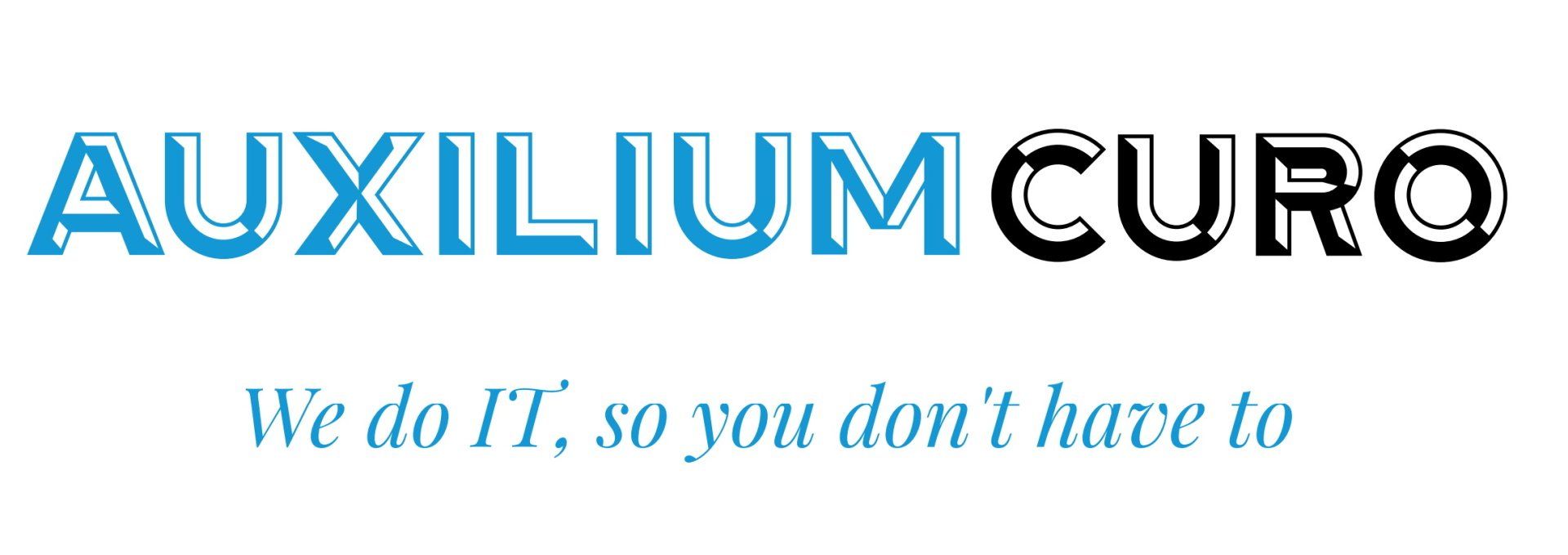What’s the Difference Between Archiving and Backing Up Your Data, and Do You Need Both?
Backup Versus Archiving... Or Both?
It goes without saying that your data is vitally important to your business. Lose data, and you could be out of business for a while, or maybe for good.
But many business owners don’t completely understand how to protect their data. It’s not complicated, but you need to understand the two most basic data protection methods.
In this article, we’ll explain the differences between backing up and archiving data, and why each is important.
What Is a Data Backup?
A data backup protects the data you work with every day by keeping a copy in a secure location so you can restore it quickly if it’s lost or damaged.
You need to consider three key things when you design your backup strategy. First, the changes you’ve made to your data since your last backup are at risk because they aren’t yet backed up. So, you need to think about how much data you can afford to lose when you create your backup schedule. You might decide to back up daily, hourly, or even more frequently. It’s a trade-off between your needs and the cost.
Second, you need to keep your backup in a secure location away from your data to protect it from theft, vandalism, fire, or water damage. Don’t keep it on the premises; that’s not going to help you if the building burns down.
Third, you need to be able to quickly restore your data from the backup. Time is money, especially when your systems are down, and the longer it takes to bring your systems back up, the more business you stand to lose.
What Is a Data Archive?
A data archive stores data that you don’t need every day but might need in the future. It’s like putting your old files in boxes and storing them in the attic while you keep your active files within reach. Some examples could be tax data, bank transactions, medical records, and any records required for regulatory compliance.
Archiving pulls this data out of your daily work data and stores it offline so it can’t be modified intentionally or accidentally. Just like a backup, it needs to be in a secure location away from your data.
Do You Need Both a Backup and an Archive?
Residential users might be able to get away without an archive because they usually have much less data than a business. That means you can keep your archived data and work data together in a backup. But for a large business, it’s best to use both a backup and an archive. A backup is much faster and easier to restore than an archive because it uses high-speed storage devices such as fast hard disks or flash disks. This keeps your downtime after a data loss to a minimum. On its own, an archive won’t do the job for either a business or an individual. An archive contains only the part of your work data that you need to keep long-term. Plus, it isn’t performed often enough, so too much of your work data is at risk of being lost. Finally, it’s too slow to restore, so your systems might be down too long.
Creating a Strong Data Backup and Archiving Strategy
A lot goes into a good backup and archive strategy, and it’s critical that you get it right. You don’t want to discover that you’re missing data after a data loss or when you need records for regulatory or legal compliance.
We can provide you with a tailored backup and archive solution for the best protection you can have against data loss. Contact us today on 01255724724 or email us at info@auxcuro.com.

Want more information?
Auxilium Curo




